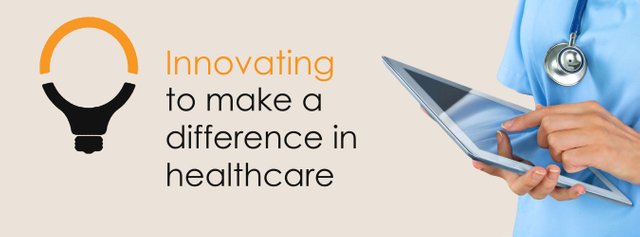.jpg)
At a dynamic healthcare organization, effective administrative task management is integral to providing excellent patient care. Practice Management Software (PMS) (https://healthbridge.co.za/) has become an indispensable asset here, streamlining various aspects of healthcare administration and helping medical practices run more smoothly. But what exactly is practice management software and how does it benefit healthcare providers and patients alike?
Defining Practice Management Software
Practice Management Software (PMS) is a type of healthcare software designed to assist medical practices with managing the day-to-day operations of their practice, from scheduling and billing through patient record management and reporting. By automating these tasks, PMS helps reduce administrative burden on healthcare professionals so that they can focus more on patient care than administrative duties.
Core Features of Practice Management Software
- Appointment Scheduling:
One of the primary functions of PMS is appointment scheduling. The software offers a centralized calendar where staff members can efficiently schedule, reschedule, or cancel appointments - helping reduce double booking risks while shortening patient wait times.
- Billing and Revenue Cycle Management:
PMS simplifies billing by automating its process, making submitting claims easier with insurance companies and tracking payments, while helping ensure accurate billing codes that reduce errors that could lead to claim denials. Furthermore, financial reports generated from PMS give insight into your practice's financial health.
- Patient Record Management:
One key function of PMS software is patient record management digitally. By securely storing patient information in one central place, authorized personnel are easily able to access it for better coordination of care as healthcare providers can quickly retrieve and update patient files as necessary.
- Reporting and Analytics:
PMS usually includes reporting tools that allow practices to create detailed reports on various aspects of their operation, including financial performance, patient demographics and appointment statistics - providing key data for making more informed decisions.
- Regulatory Compliance:
Healthcare is a highly-regulated industry, and PMS assists practices in meeting legal obligations such as HIPAA or POPIA in South Africa. The software ensures patient data is handled securely while also adhering to regulations.
Benefits of Practice Management Software
Adopting PMS provides healthcare providers and patients alike with numerous advantages. On one side, PMS reduces time spent on administrative tasks while simultaneously reducing operational costs and increasing workflow efficiency; on the other, it leads to enhanced service through reduced wait times, more accurate billing, and improved communications between healthcare providers and patients.
PMS systems can also integrate seamlessly with Electronic Health Records (EHR) systems to form a comprehensive digital environment supporting both clinical and administrative functions. This ensures all aspects of patient care are coordinated for improved outcomes.
Practice Management Software is an integral component of modern healthcare administration, automating and streamlining essential tasks to increase efficiency of medical practices and enhance patient experiences. As healthcare evolves further, advanced PMS solutions will become ever more essential in providing high-quality patient-centric care.